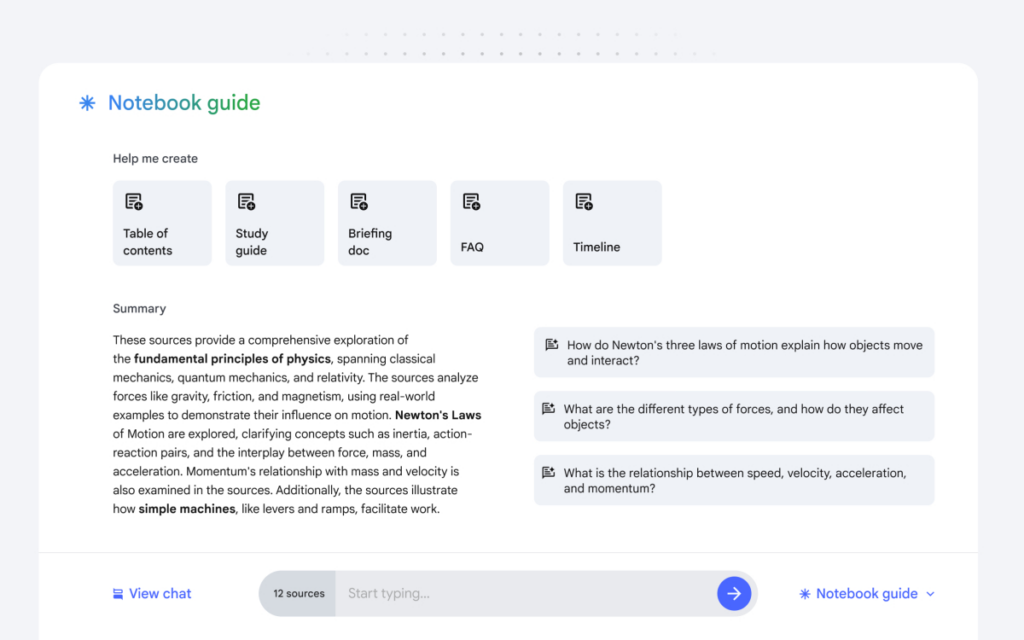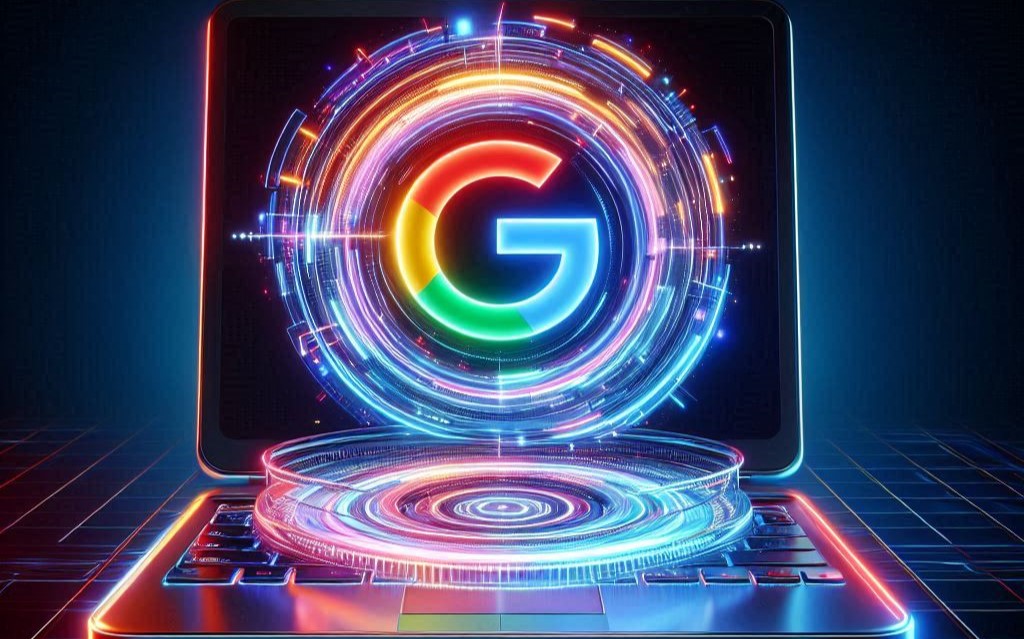Google is expanding its newly updated AI-powered NotebookLM to more Regions, including India and the UK.
NotebookLM, Google’s AI-powered note-taking assistant, will be rolled out to more than 200 new countries on Thursday, nearly six months after it was first made available in the United States. The platform, powered by Google’s multimodal LLM Gemini 1.5 Pro, has been enhanced with new features and languages to assist more individuals in utilizing AI to generate summaries and pose questions based on their documents.
NotebookLM currently supports 208 additional countries and territories, including Australia, Brazil, Canada, India, and the United Kingdom. Additionally, Google has expanded the language support for the AI-assisted app to 108 languages, including Arabic, Assamese, Bengali, Cantonese, Chinese, Dutch, French, German, Hindi, and Hinglish. It also supports sources and conversation in 38 languages, including Arabic, Bengali, Chinese (simplified and traditional), Dutch, French, German, Hindi, Japanese, and Spanish.
NotebookLM, initially introduced as Project Tailwind at Google I/O in 2023, was initially accessible to a limited number of users in June of the previous year. It employs artificial intelligence (AI) to generate summaries and address inquiries from documents, transcripts, notes, and other sources that users can upload. This is in contrast to a conventional AI chatbot, such as ChatGPT, which frequently disregards the source data provided by users and generates information based on the data used for its training, which may be divergent or inaccurate.
In addition to the current support for Google Docs, PDFs, and text files, Google is also providing NotebookLM with the capability to source content from Google Slides and web URLs. This enables users to generate notes, pose inquiries regarding their documents’ content (text or an image), or investigate online resources.
NotebookLM’s initial consumers in the United States believed it would integrate with conventional note-taking applications, such as Google Keep and Evernote. Nevertheless, Raiza Martin, senior product manager for AI at Google Labs, informed TechCrunch in a virtual roundtable earlier this week that Google intended to prioritize the product’s primary value before attempting to expand integrations.
“Hopefully, you will observe these types of integrations in the future,” she stated.
Google has also implemented inline citations to facilitate examining supporting passages in your sources, verifying AI-generated responses, and reading the original text for additional context. Citations were previously situated beneath the reactions that the assistant produced.
In addition, it includes the Notebook Guide, which facilitates converting your content into various formats, including FAQs, briefing documents, and study guides.

According to Steven Johnson, the editorial director of Google Labs, NotebookLM was developed in collaboration with authors, students, and educators. The company observed that early adopters of NotebookLM integrated its source-grounding architecture into their research and writing workflows.
The company also stated that NotebookLM has been employed to generate hyperlocal newsletters, summarize interview transcripts, develop grant proposals, and manage descriptions of fantasy worlds.
Martin observed that Google does not utilize any data that users contribute to NotebookLM to train its algorithms.
“This question is particularly frequently asked because users desire the ability to use it with work or school documents,” she stated. “Your data remains confidential to you.”
Google demonstrated an early prototype of Audio Overviews for NotebookLM at its Google I/O 2024 keynote in May. This prototype utilizes the company’s Gemini model to assess the uploaded materials and generate a podcast-style discussion. Gemini 1.5 Pro also enables NotebookLM to have up to 50 sources in each notebook, with 500,000 words per source.
The global rollout of NotebookLM will directly compete with the dozens of platforms (read: startups), allowing users to utilize GenAI tools to perform tasks such as answering questions and summarizing PDFs. Most of these platforms impose fees for their services; however, Google’s considerable influence enables it to provide this service at no cost.



